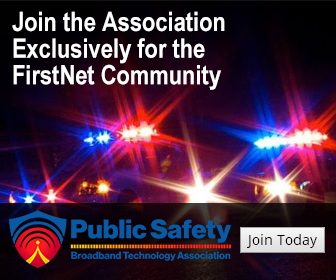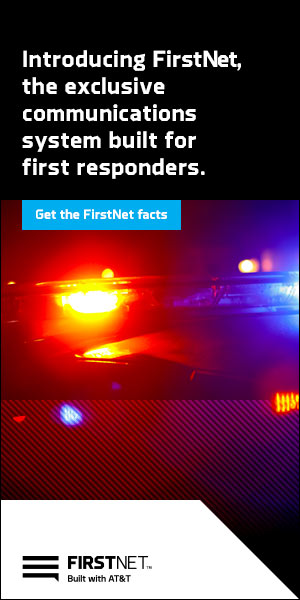by AllThingsECC.com | Jan 10, 2026 | Comm Center News
NASHVILLE, Tenn. (WZTV) — An outside investigation has identified significant problems with the human resources operations at the Metropolitan Department of Emergency Communications (DEC), and Mayor Freddie O’Connell has placed its director, Steve Martini, on administrative leave.
Attorney Luther Wright, of Ogletree Deakins, investigated at the request of the city after concerns were raised by DEC employees, including a sexual harassment complaint filed by 911 dispatcher Hannah McGuire.
READ FULL ARTICLE
by AllThingsECC.com | Jan 2, 2026 | Comm Center News
To better manage emergency communications and to coordinate responses during the legendary New Year’s Eve celebrations in New York City’s Times Square this year, the New York City Police Department and AT&T turned the company’s retail phone store in the metro hub into an operations center.
READ FULL ARTICLE
by AllThingsECC.com | Dec 15, 2025 | Comm Center News
The Chippewa County Board of Supervisors on Oct. 8 approved two measures aimed at stabilizing staffing in the Emergency Communications Center: a one‑time appreciation bonus for ECC employees and a conversion of a vacant full‑time telecommunicator position into two part‑time posts to increase scheduling flexibility.
READ FULL ARTICLE
by AllThingsECC.com | Dec 14, 2025 | Comm Center News
A.J. Gary, director of the Division of Emergency Management and chair of the newly reconfigured Arkansas 9‑1‑1 board, told the joint committees the board has met three times since appointments and is advancing preparations for NextGen 9‑1‑1 and PSAP consolidation.
READ FULL ARTICLE
by AllThingsECC.com | Dec 13, 2025 | Comm Center News
Motorola Solutions has achieved interoperability between its Emergency Services IP network (ESInet) and the ESInet of AT&T within the state of Maryland, allowing the transfer of next-generation 911 (NG911) calls to be transferred between the vendors with all associated data being maintained, according to a Motorola Solutions official.
READ FULL ARTICLE


